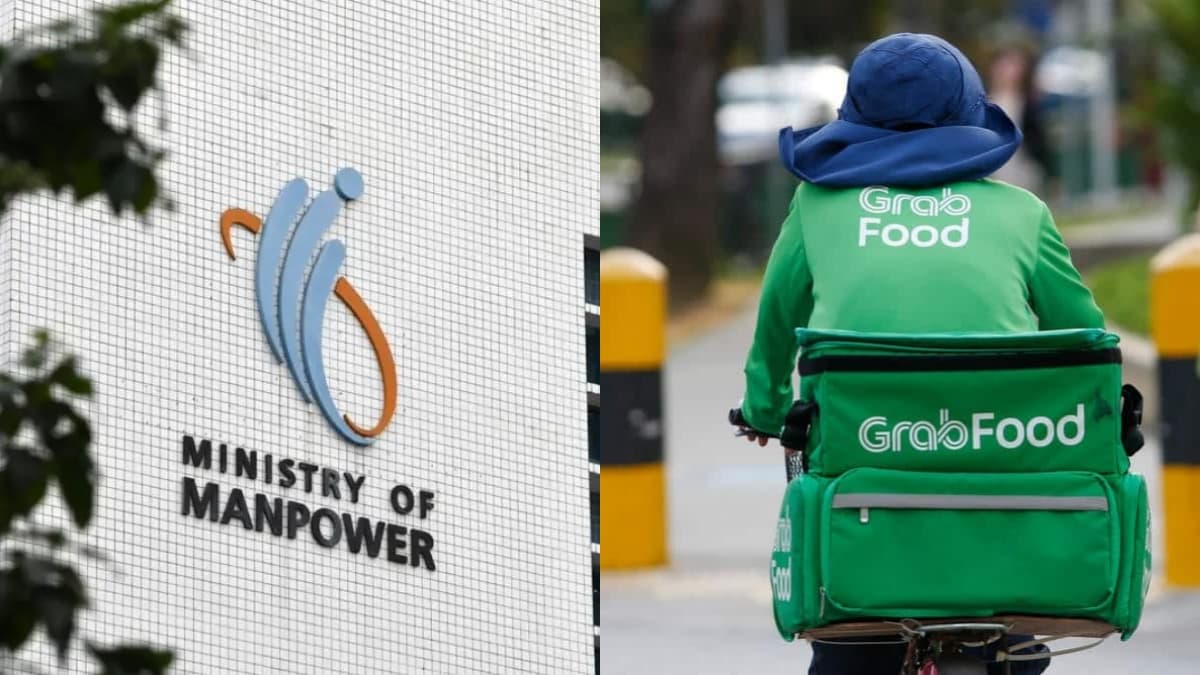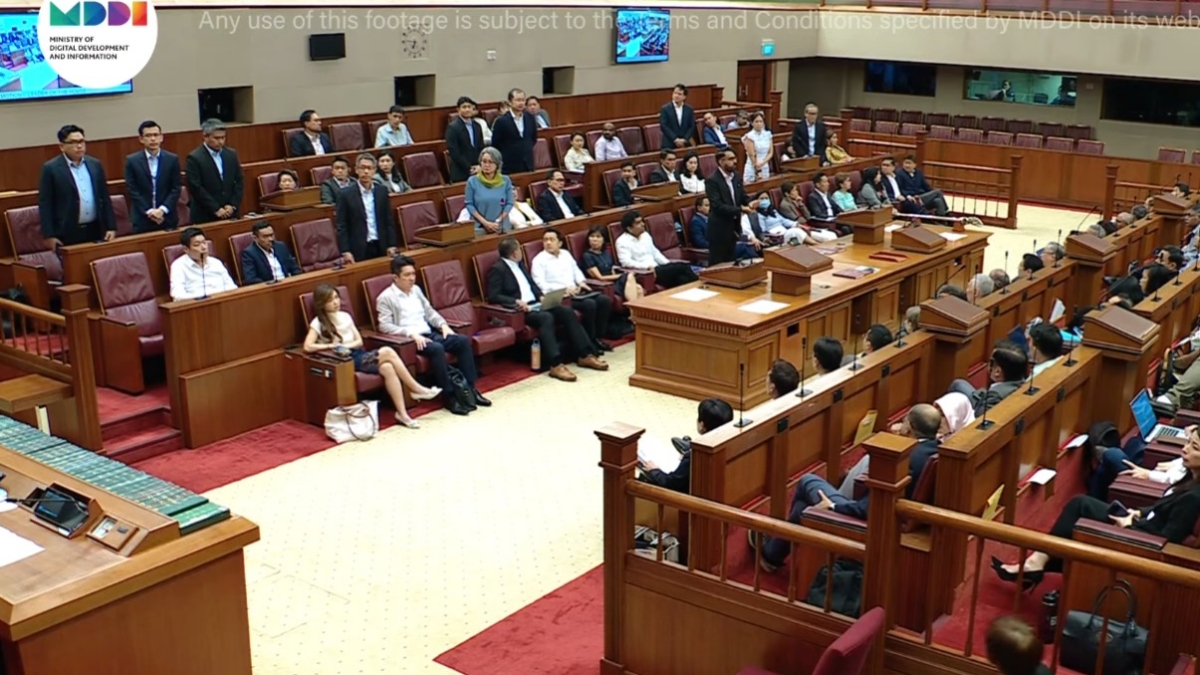No foreign competition in food delivery platforms, MOM assures
Leader of the Opposition Pritam Singh asked Parliament about foreign worker involvement in food delivery. MOM responded, stating only citizens and PRs can legally work as platform workers and detailed enforcement against illegal employment.

- 15,300 Singapore residents were working in delivery platform roles in 2024, including both food and parcel deliveries.
- Only Singapore Citizens and Permanent Residents may legally perform platform work; foreigners require full-time work passes under logistics firms.
- The government is tightening enforcement and introducing new safeguards to prevent illegal work and protect local incomes.
SINGAPORE: On 15 October 2025, Leader of the Opposition and Aljunied GRC Member of Parliament Pritam Singh submitted a parliamentary question regarding the demographics of food delivery platform workers and the impact of foreign workers on local incomes.
Singh asked the Ministry of Manpower (MOM) for a breakdown of Singaporeans and Permanent Residents (PRs) registered as food delivery platform workers. He also questioned how the Ministry monitors foreign worker participation in the sector and prevents it from undermining the earnings of local workers.
In response, Minister for Manpower Dr Tan See Leng stated that in 2024, there were 15,300 Singapore residents regularly working in delivery platform roles, comprising 13,400 Singapore Citizens and 1,900 PRs. This figure includes both food and parcel delivery.
MOM does not distinguish between types of deliveries due to the flexible nature of such work. Workers can deliver food, parcels, or both, and platforms do not register them by job type.
Tan confirmed that only Singapore Citizens and PRs are permitted to work as platform workers. MOM does not issue work passes to foreigners for such jobs. Foreigners found engaging in platform work illegally, and locals who abet them, will face enforcement action.
He noted that platform operators are allowed to outsource deliveries to third-party logistics firms. These firms may hire foreigners, but only under strict conditions. Such workers must hold valid work passes, be employed full-time under a single employer, and receive a fixed salary. They are not considered platform workers and may not work across platforms.
The employment of foreign workers in these firms remains subject to the Dependency Ratio Ceiling, which limits the proportion of foreign workers per company.
To safeguard local workers, MOM is working with platform companies and associations under the Platform Workers Trilateral Group. Food delivery operators that outsource work have agreed to implement key safeguards.
These include providing transparency on outsourcing practices, encouraging workers to operate in high-demand areas to reduce outsourcing, and requiring outsourced logistics companies to submit foreign worker documentation and undergo audits.
In an announcement on 11 September, the Platform Workers Trilateral Work Group, formed in July, proposed comprehensive reforms to tackle illegal platform work and improve working conditions for gig workers.
The group unveiled 10 recommendations to safeguard the livelihoods of approximately 67,600 regular platform workers in Singapore. These included strengthening enforcement, tightening identity checks, and introducing greater accountability for platform operators.
The recommendations specifically targeted illegal work by foreigners, including requiring operators to alert MOM to suspicious activity and encouraging the use of secure reporting channels for the public and workers.
Senior Minister of State for Transport Sun Xueling indicated that legislation such as the Point-to-Point Passenger Transport Industry Act and the Online Criminal Harms Act may be amended to introduce tougher penalties, including higher fines and longer jail terms.
Illegal ride-hailing, especially by foreign-registered vehicles operating via informal apps or Telegram channels, has been flagged as a key concern. Enforcement since July has uncovered 73 foreign-registered vehicles providing services illegally at land checkpoints.
Platforms such as inDrive, which enabled cross-border bookings between Singapore and Johor without a licence, have already been removed from app stores by the authorities.
The group also called on delivery platforms to detect and prevent account misuse, particularly where local workers allow foreigners to use their accounts. MOM has received about 50 such complaints per year between January 2023 and June 2025, though most were unsubstantiated.
Platform workers found to have enabled illegal work may be banned from operating for at least 24 months under the Employment of Foreign Manpower Act.
The work group comprises representatives from MOM, the Ministry of Transport, the National Trades Union Congress (NTUC), and platform companies such as Grab. Its measures are being adopted in phases by nine major operators, including Deliveroo, foodpanda, Gojek, and Lalamove, which collectively represent 99 per cent of Singapore’s platform workforce.







